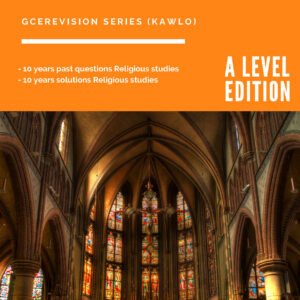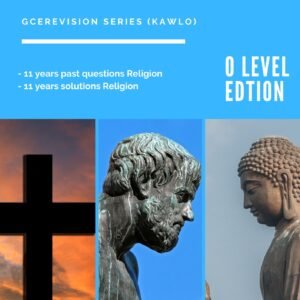cameroon gce advanced level 2025 law 3
cameroon gce advanced level 2025 law 3
Question 1
Adela is a Ghanian who lives in Limbe, Cameroon. She has just given birth in a Limbe hospital. As a foreigner who doesn’t know Cameroonian law, she is seeking advice on how to get a birth certificate and a certificate of nationality for her child.
Work Required:
- (a) Which institution should she contact to get a birth certificate?
- (b) What are the nationality steps the baby should take?
- (c) What steps should she take to obtain the child’s birth certificate?
- (d) Explain how the various types of marriages are recognized in Cameroon.
- (e) If she marries a Cameroonian man, what happens to her nationality?
Question 2
Marie, a businesswoman in Douala, entered into a contract with John, a supplier of office equipment, on October 15, 2023. The contract stated that John would supply office chairs and desks for a total of 2 million CFA, and Marie paid a 50% deposit upfront. John, however, failed to deliver the goods by the agreed date. Marie later discovered that John had sold the goods to another buyer who offered a higher price. Marie is now demanding a refund and compensation, but John refuses, arguing that Marie did not pay the full amount.
Work Required:
- (a) Explain what makes the contract valid.
- (b) Identify and discuss the legal issue involved in this case.
- (c) What legal remedies could Marie seek for John’s action?
- (d) Explain any two possible ways the relationship between Marie and John can come to an end.
Question 3
After watching the television news about the new National Assembly building, your brother asked you, an Advanced Level law student, the following questions.
Work Required:
- (a) Where do the organs of the state get their authority that determines their functioning?
- (b) State one (1) unwritten source of law in Cameroon.
- (c) Identify four (4) important roles of law in society.
- (d) Give two (2) differences between Civil Law and Common Law.
- (e) Rearrange the following laws according to their hierarchy, from the most important to the least important:
- The 1996 Constitution
- Law No 99/32
- Ordinance No. 2024/23/PF
- Decree No. 19/002
- OHADA Treaty
- Prefectoral Order No. 0004/32
- Local Customs














